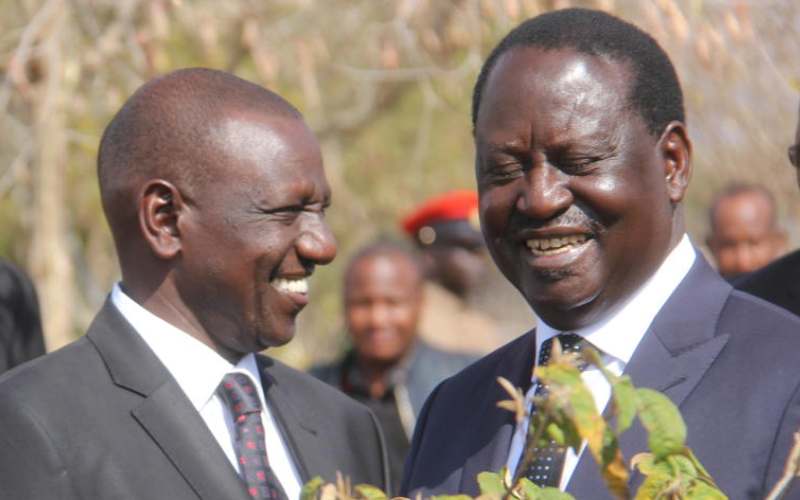×
The Standard e-Paper
Fearless, Trusted News

Deputy President William Ruto (left), and ODM leader Raila Odinga. [File, Standard]
The leading political contenders are locked in a high stakes contest to succeed President Uhuru Kenyatta in elections slated for August 9, next year.